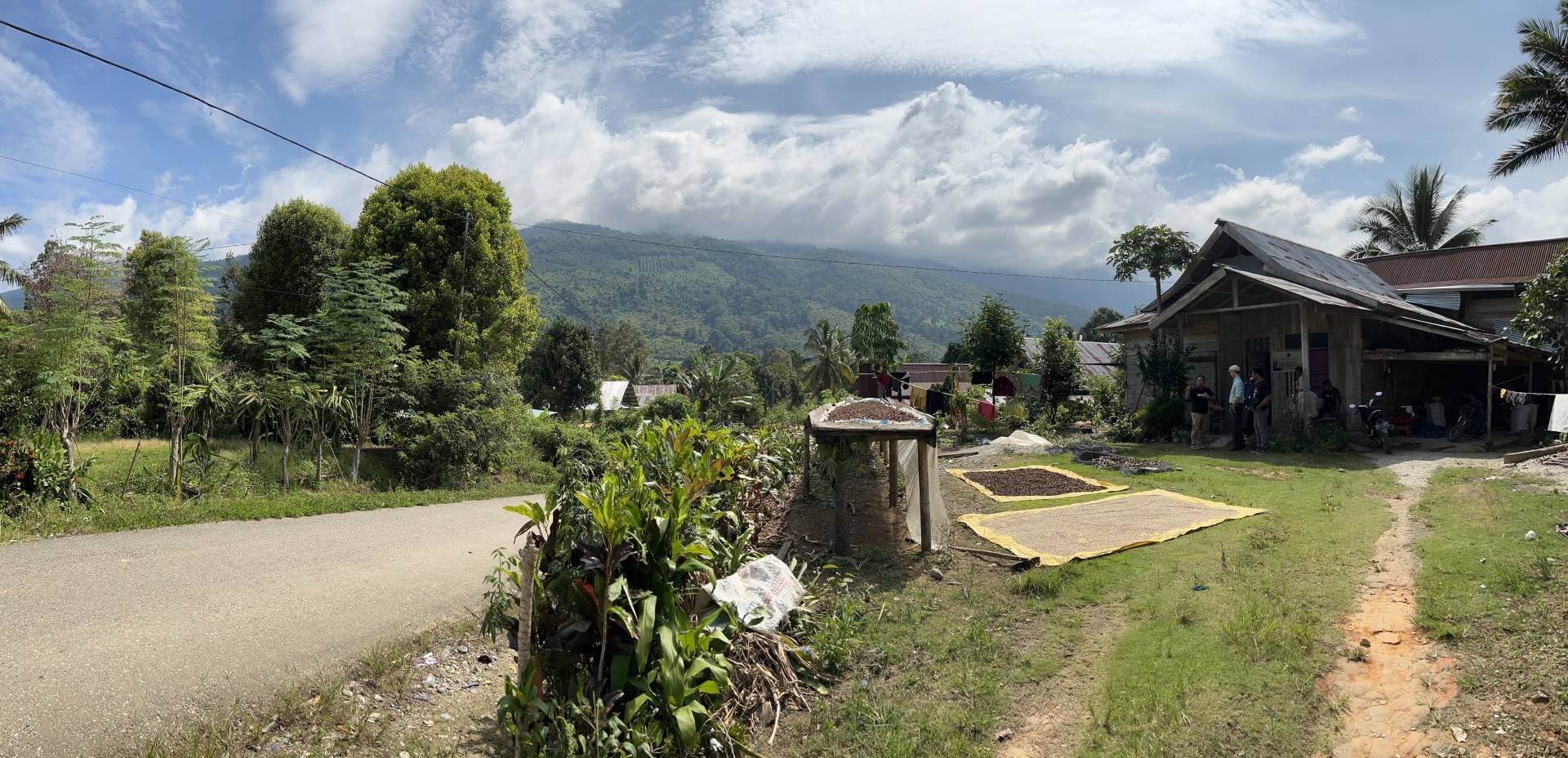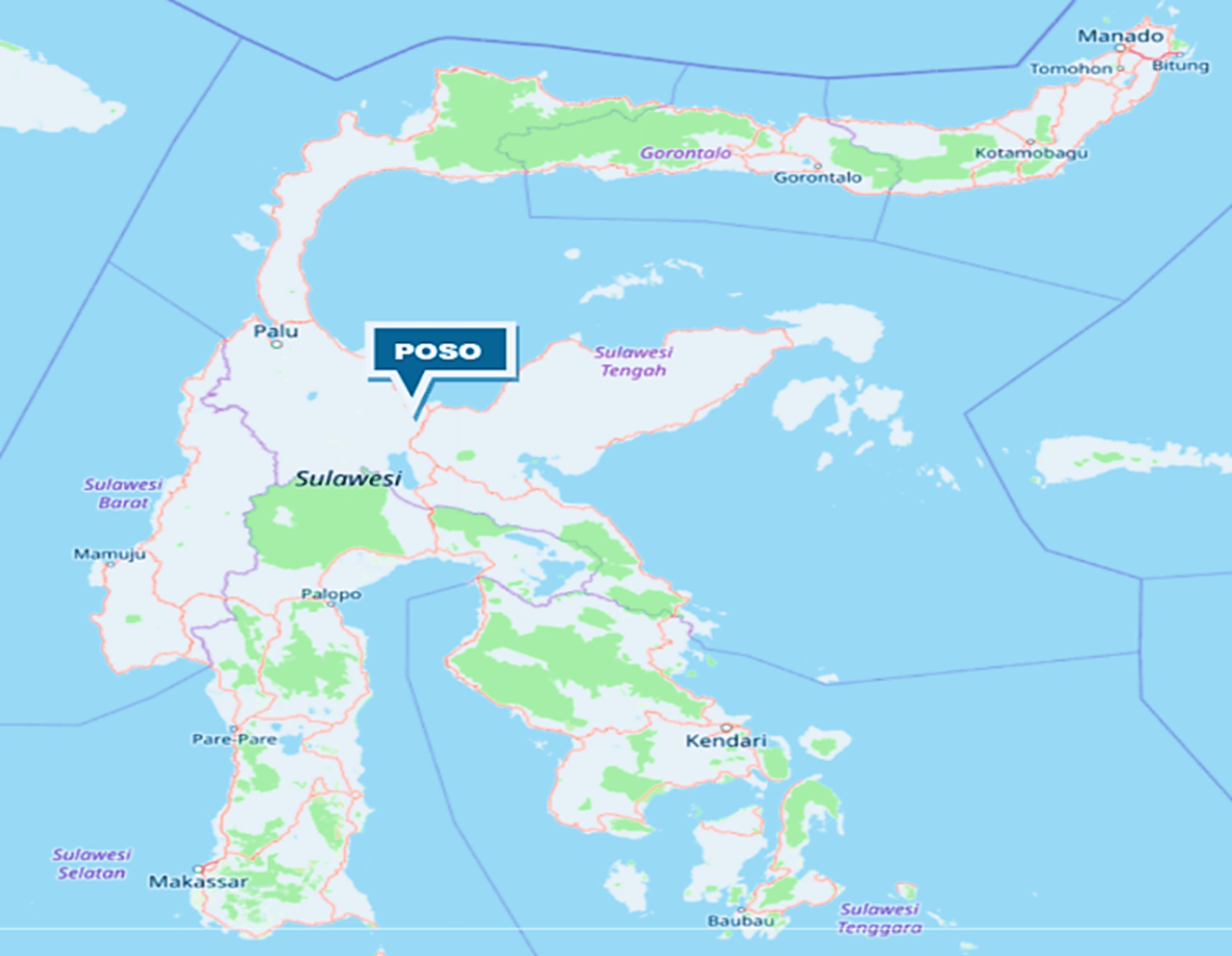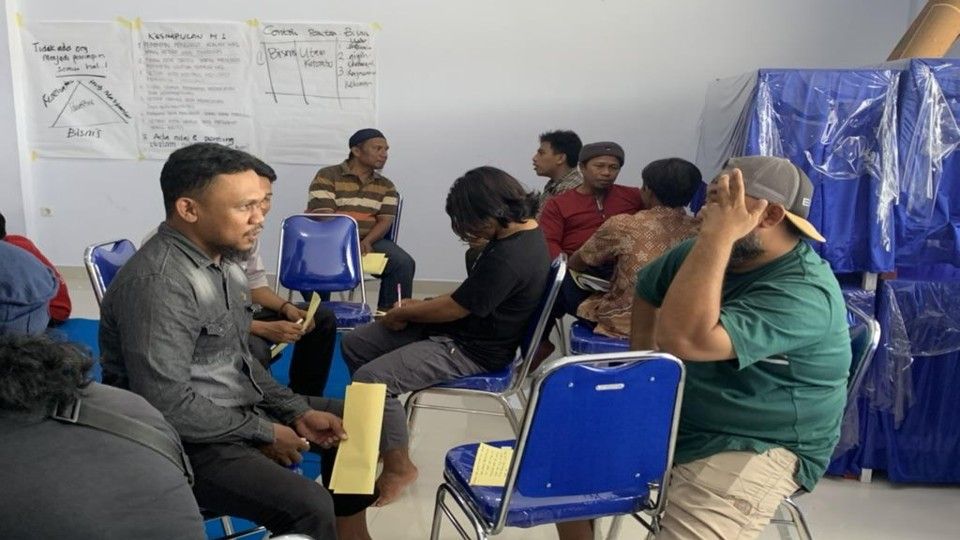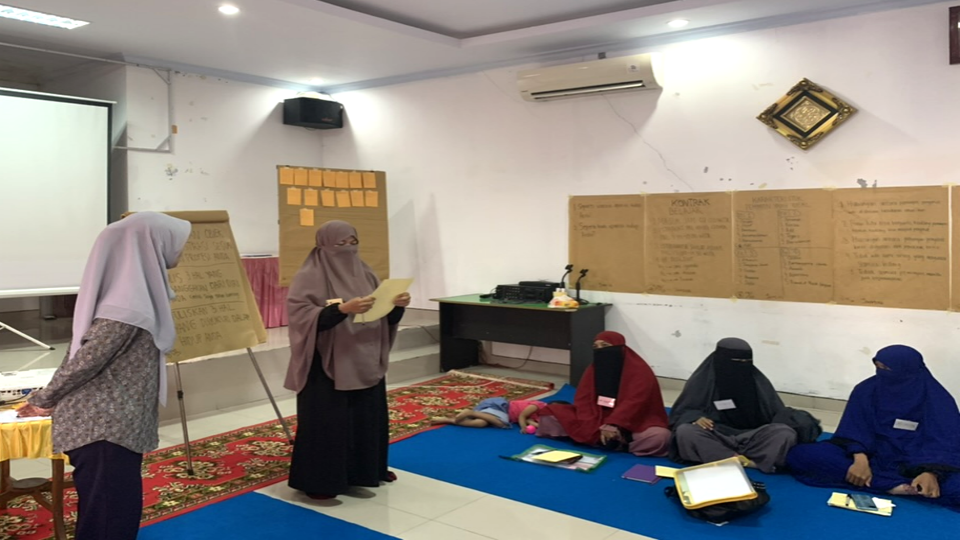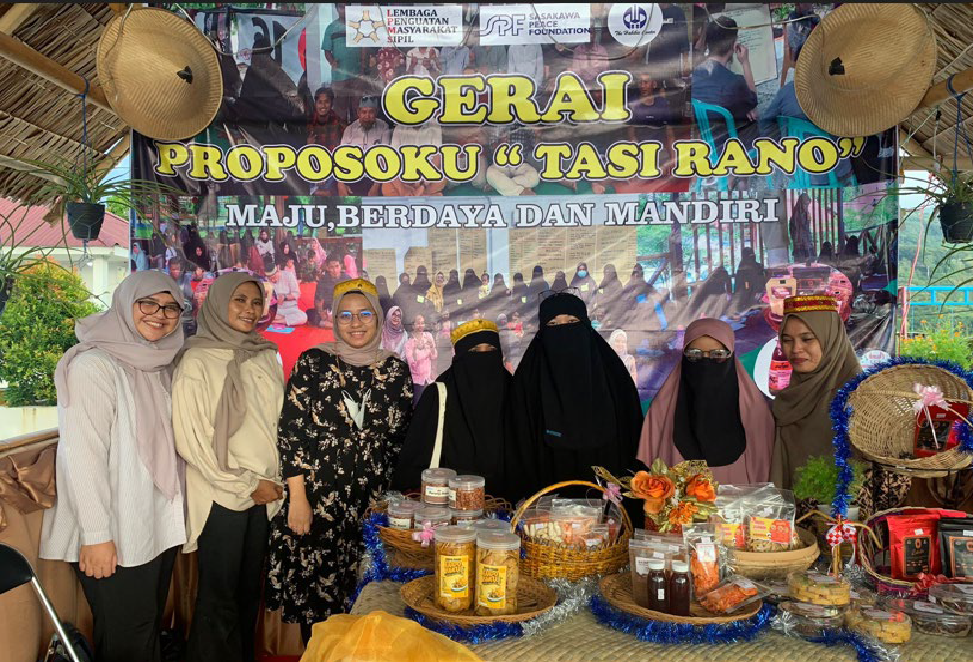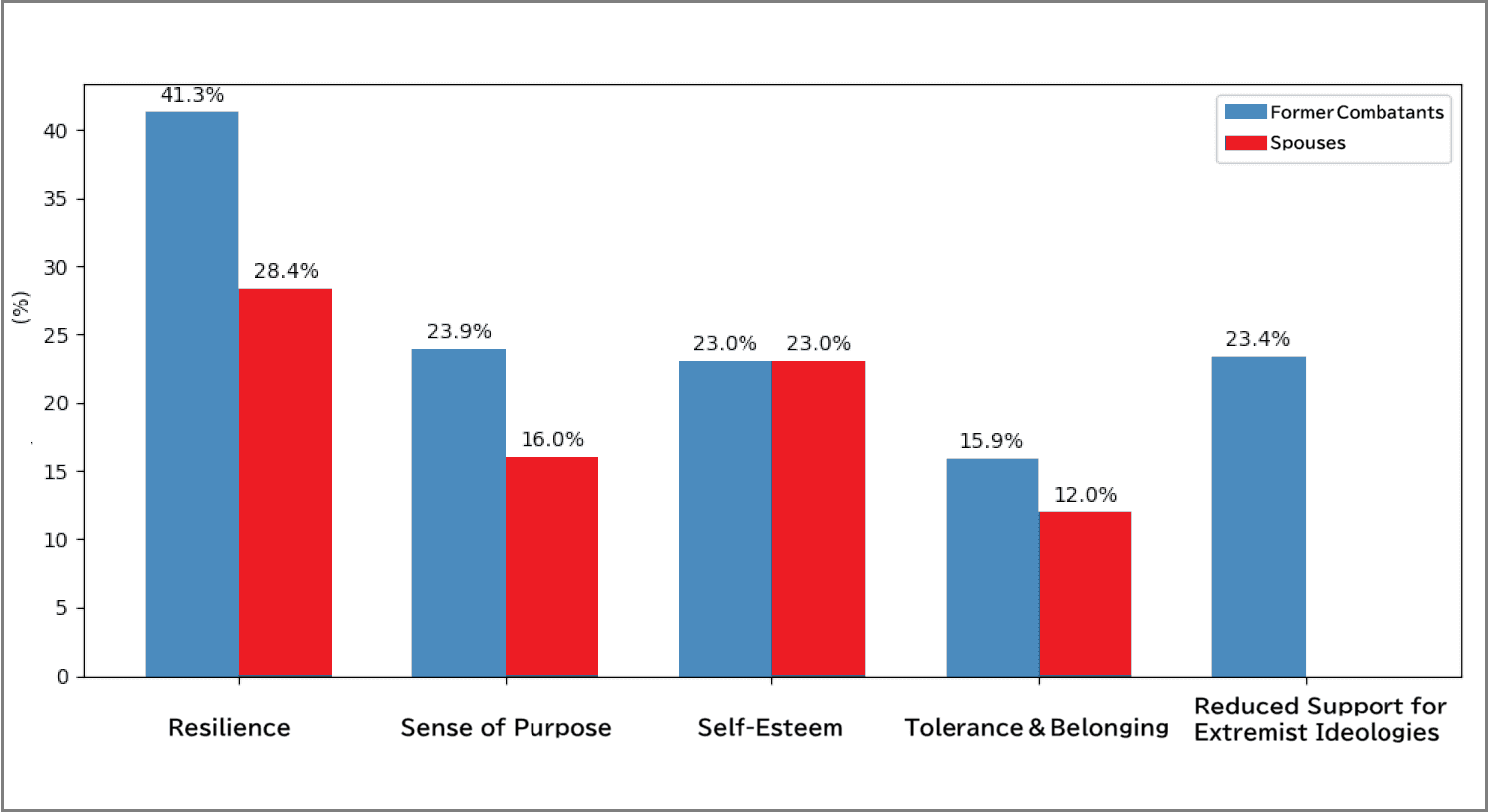Introducing SPF Reports on the Rohingya Refugee Crisis
The Rohingya refugee crisis, now in its eighth year, represents one of the world’s most protracted humanitarian emergencies. With over 1.1 million stateless Rohingyas sheltering in Bangladesh—primarily in Cox’s Bazar and Bhasan Char—the crisis has evolved beyond a humanitarian issue into a multidimensional challenge involving regional security, diplomatic deadlock, and livelihood vulnerabilities. To address these complexities, the Sasakawa Peace Foundation has published two key reports.
